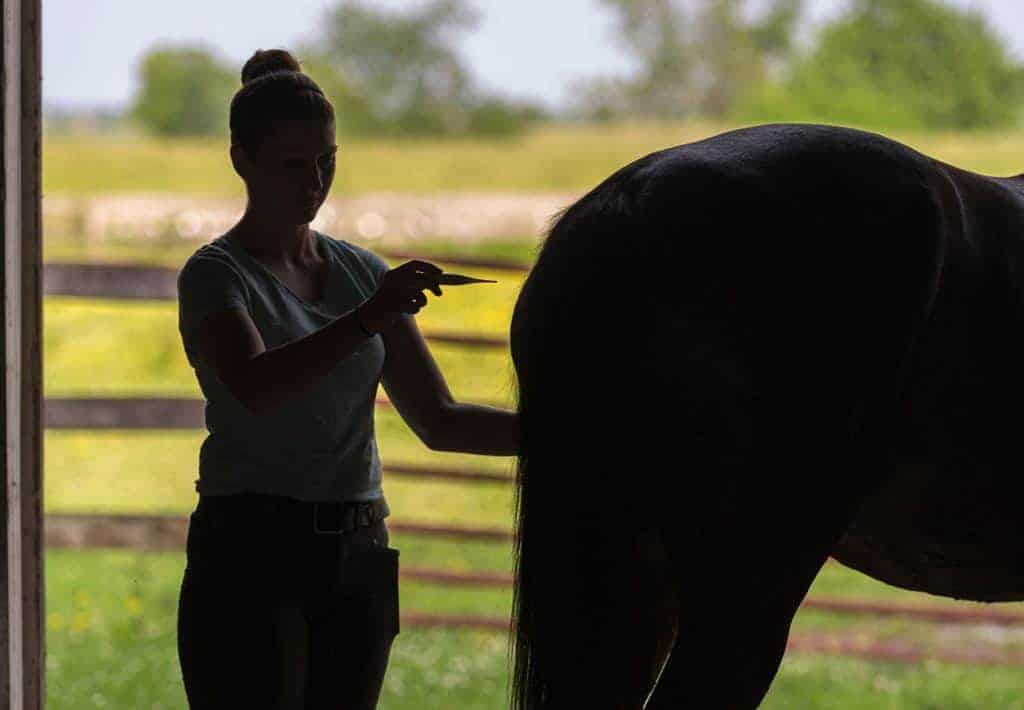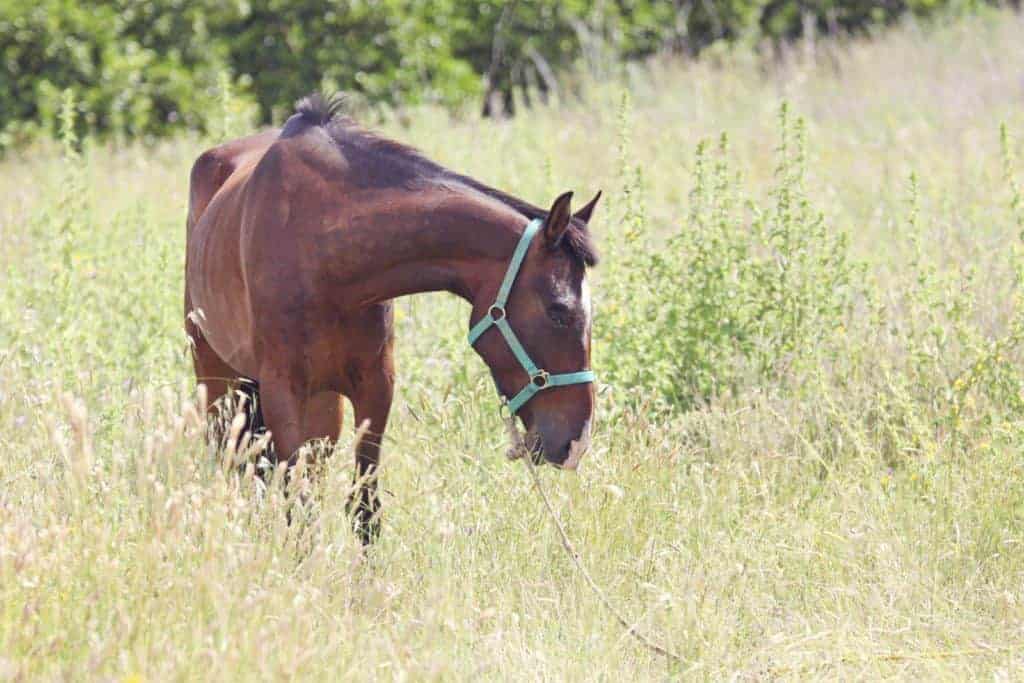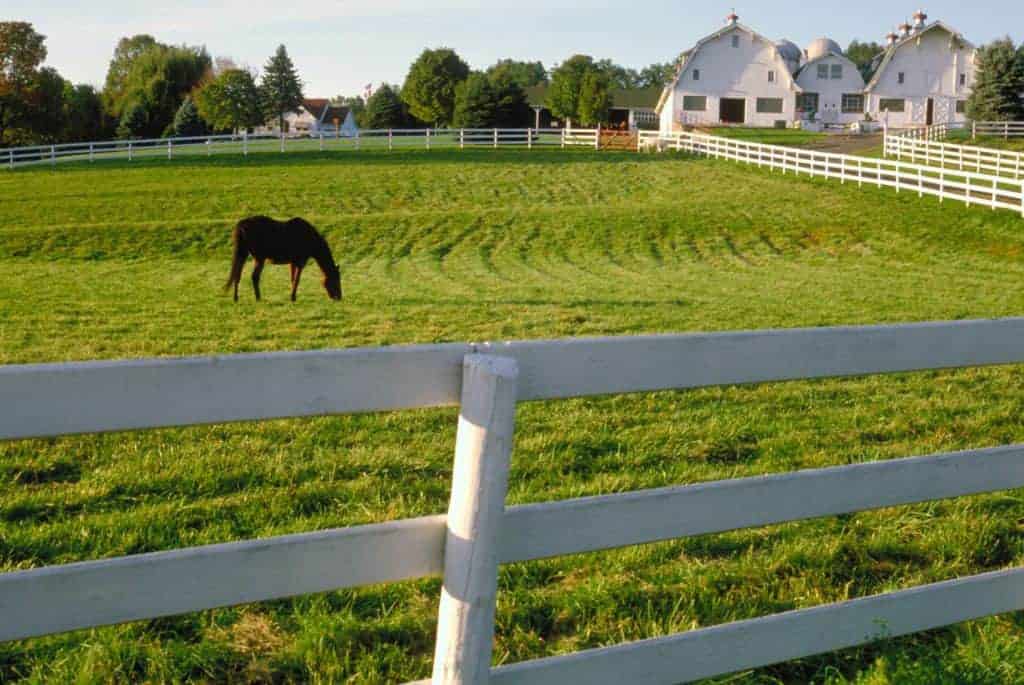
Emergency 911: Horse Show Edition
Critical conditions such as colic, injuries, and dehydration can strike when you’re at a competition with your horse. Here’s how to handle them.

Critical conditions such as colic, injuries, and dehydration can strike when you’re at a competition with your horse. Here’s how to handle them.

Horse are especially sensitive to endotoxemia. To address the issue, Dr. Stacy Anderson of Lincoln Memorial University, in Harrogate, Tennessee, presents her research on neutrophil apoptosis (the death of cells that occurs as a normal and controlled part of an organism’s growth or development) in horses.

An unvaccinated 19-year-old Quarter Horse gelding presented with hind end ataxia with no improvement after anti-inflammatory treatment.

Lyme disease is notoriously difficult to diagnose and has (or might not have) a myriad of vague (or not-so-vague) clinical signs in horses. Learn about this tick-borne disease and get your questions answered during our live Q&A.

The affected horse’s home facility has been quarantined.

The Washington State Veterinarian’s Office has quarantined a King County facility after a horse tested positive for non-neuropathogenic EHV-1.

An effective isolation area can help contain an infectious disease outbreak. Here’s what you need to know.

The horse that tested positive for EHV-1 has traveled extensively in South Dakota for cutting and sorting events in the past few weeks.

Horses with myositis experience rapid, widespread gluteal and epaxial muscle atrophy. Here’s what veterinarians know about about this immune-mediated condition.

Use this four-step plan to keep equine infectious diseases in check.

The updated biosecurity guidelines are designed to help minimize the occurrence and mitigate the spread of potential disease outbreaks.
The AAEP’s updated guidelines includes newly created guidelines for Rhodoccocus equi.

This confirms the need for good hygiene within vet hospitals to prevent MRSA spread between veterinarians and horses.

Horse owners who live in the United States, are 18 years of age and older, and who currently own or manage at least one horse are invited to complete the survey by April 1.
The three new problem-based panels offer a focused diagnostic test selection for equine diarrhea cases.
The “Advancement in Equine Research Award” gives $45,000 for infectious disease research.
Stay on top of the most recent Horse Health news with
"*" indicates required fields